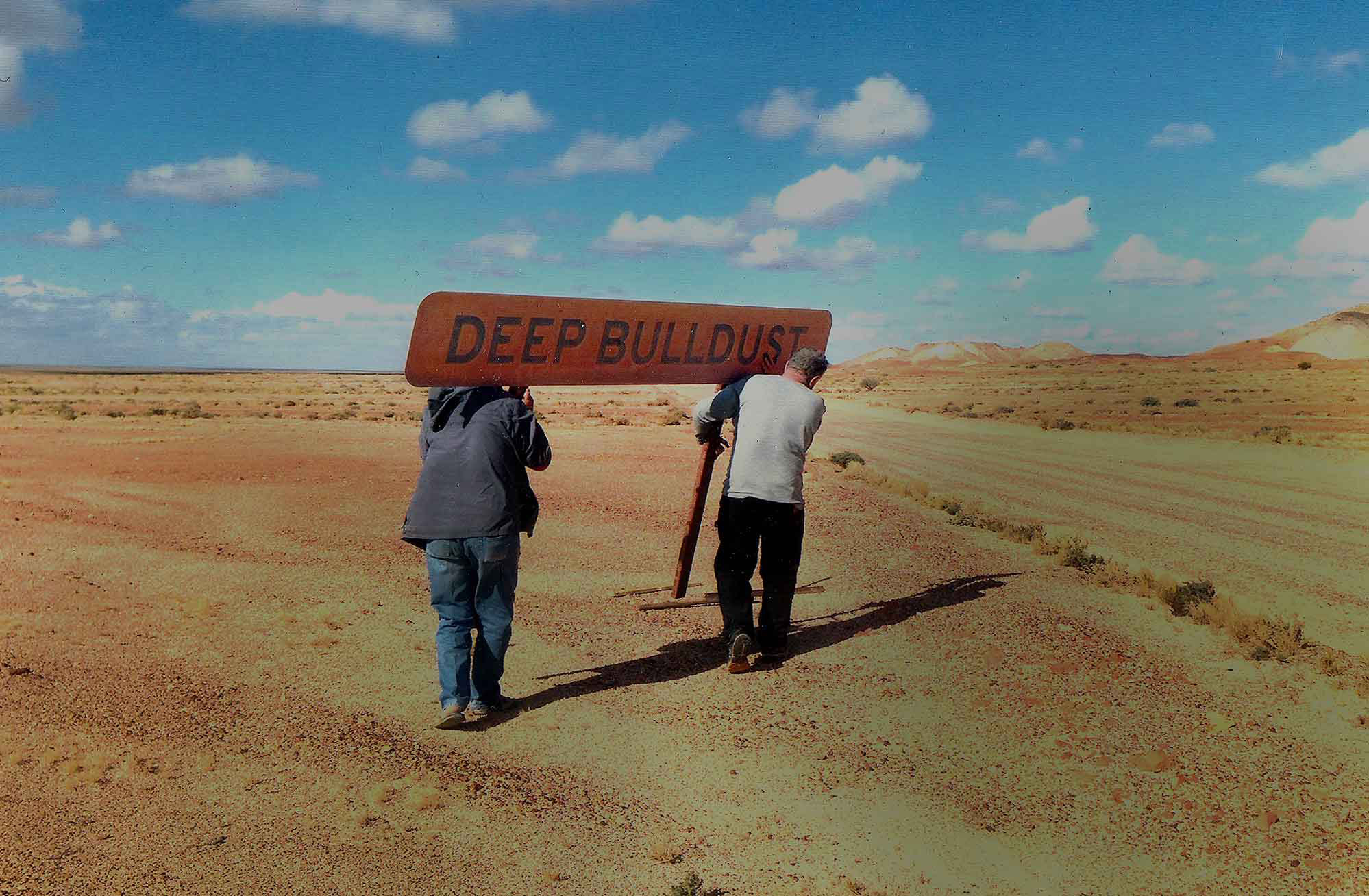There was rain forecast on the television last night. Oh that’s good, everyone says, but there’s an edge of doubt in how they say it.
Three days a week I work in Renmark in South Australia’s Riverland region, where I am helping some friends compile a book on propagating citrus. There’s an irony to this task as the country has been hit by severe drought and the once mighty flow of the Murray River’s irrigation waters – that gave the citrus industry an essential ingredient in what would otherwise be desert – have lessened to an increasingly sluggish and salty trickle.
Despite this change, there is a great beauty about the place in the time before dawn, when I go for my daily walk.
I walk through arrow-straight rows of oranges and vines, laid out in flat precise grids and dotted with modest houses. Each house, apart from its 10 or 20 acres of fruit trees, is surrounded by its own protective clump of palms, gums and ornamentals to stave of the heat of a baking summer. These homes were established in the twenties and thirties, the products of unbounded optimism and of ‘the blockies’ – fruit block owners who got up at 4am and worked very hard all day.
In the still air of the deep violet dawn in the east, there’s a sense of momentous occasion to the place; it’s as though it’s all a film set and an orchestra is playing some inspiring overture. The rich red sand and dark green trees are slowly and softly set aglow by horizontal golden light in the rising dawn. You can almost hear the violins sawing away.
In this pleasant setting every morning I try to take a different route through the grid of roads spreading out from the town. This morning, the air is chilly but not unpleasant: the rain has, once more, failed to materialise.
There is no-one else around.
As I approach one house, close to the road, I see a man is sitting on an armchair on his verandah.
He would not expect anyone walking along the road at this time of morning and has not seen me. He is in his fifties, scrawny, very suntanned and wearing a bleached Drizabone raincoat over his shorts. His posture on the armchair is not comfortable: he is sitting on the edge of chair, looking down at the ground, with his hands clasped together between his open legs.
He is completely lost in his thoughts and I stare at him, feeling a sort of embarrassment for intruding. Perhaps he really had expected it to rain when he got up and put on his raincoat as some gesture of optimism.
Then my clumsy steps passing him by alert him to my presence and he glances up.
He has the look of a haunted and troubled man and for a moment I feel I am witness to some grievous personal tragedy. Maybe it involves the family or the banks or the bills piling up or the fact that the fruit block his father carved out of the scrub may soon return to that state and after a lifetime of hard work he, the son, will have failed. I don’t know.
He gives a brief nod of acknowledgment and I do the same. The blockie gets up and goes inside, slamming the screen door behind him.
Walking back to my comfortable desk work on the computer for that day, I suddenly realise perhaps I disturbed him praying.
Praying that his hopes won’t curdle, that the farm won’t go for a pathetic song at auction.
For just a bit of rain that won’t make him feel like a fool for putting on his raincoat.
he experience has stayed with me because it was the briefest glimpse into some unknown region. Perhaps it was what climate change might mean at the personal level. Or the fate of farmers and people on the land throughout history. Or of just someone else’s life.
